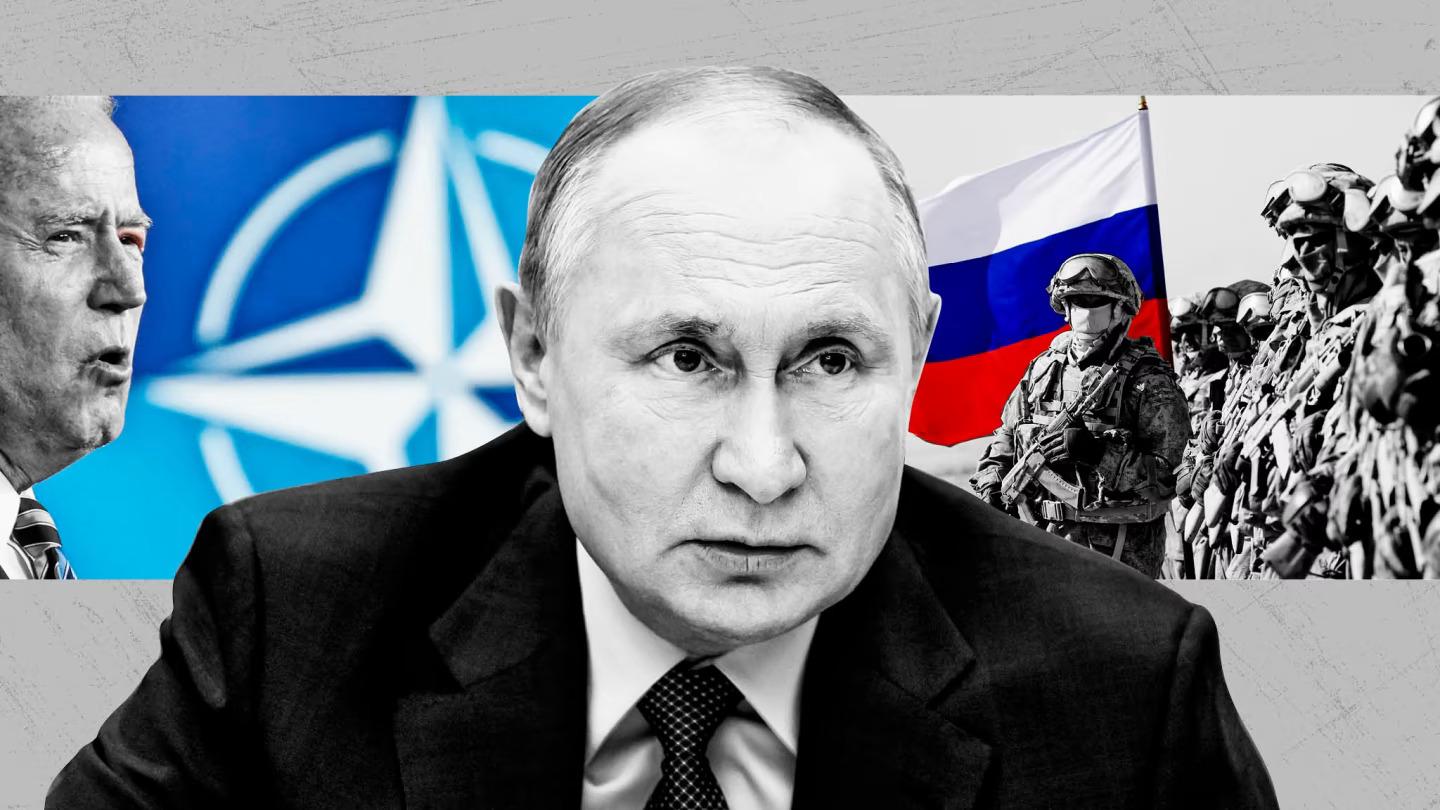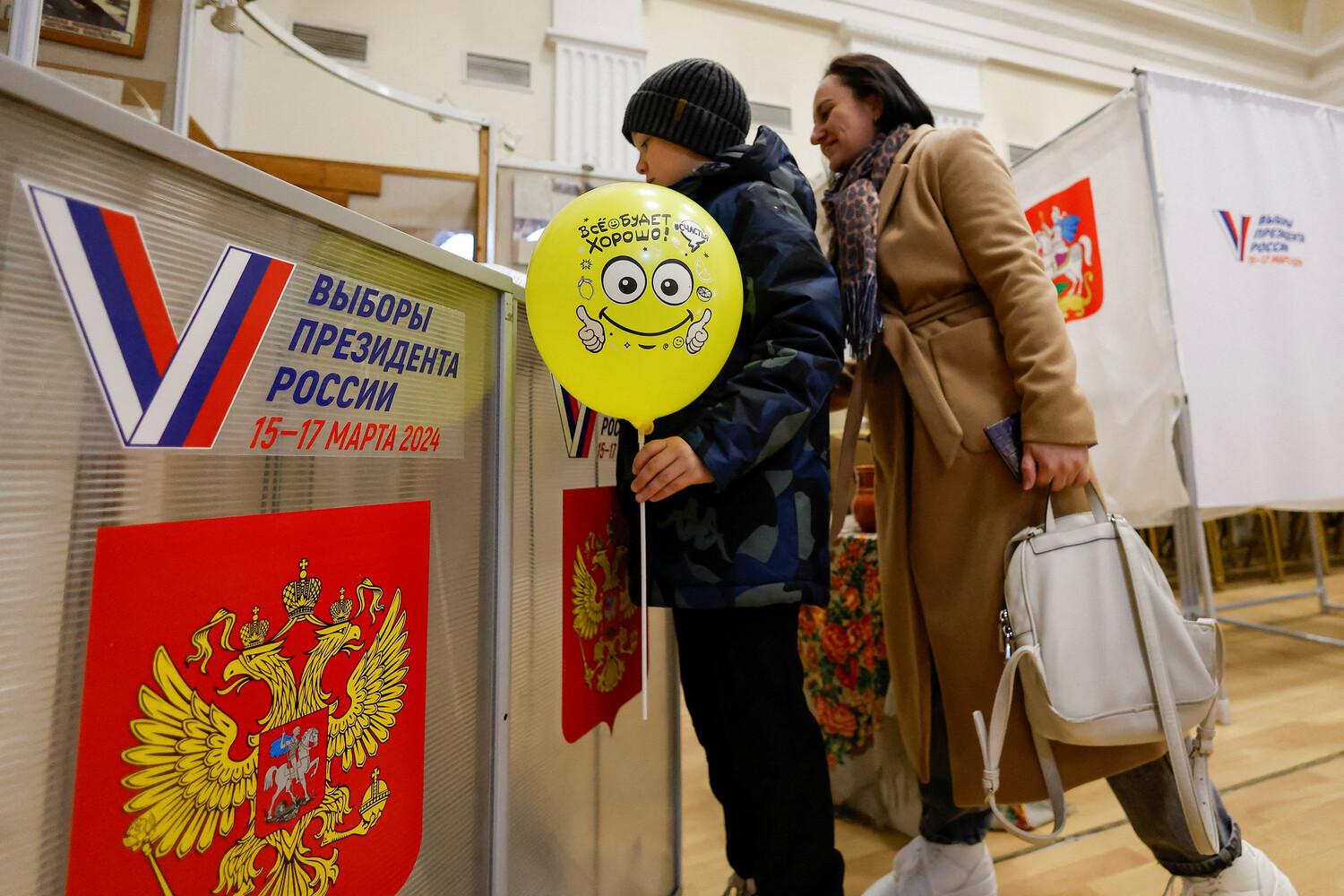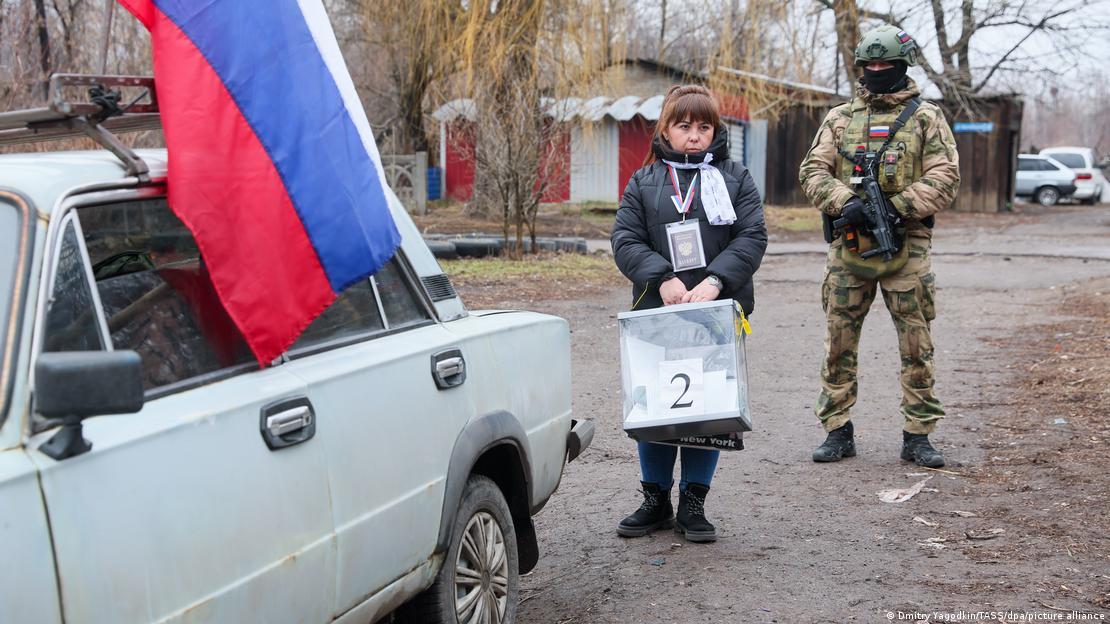What does Vladimir Putin's re-election mean for NATO and Ukraine? Orchestrating new war
On March 18, Russia's Vladimir Putin cemented his grip on power in a landslide election victory that has been widely criticized in the Western part of the world amid the ongoing war in Ukraine. In a post-election news conference, Putin cast the outcome as a vindication of his decision to defy the West and invade Ukraine.
According to Russia’s Central Election Commission, Communist candidate Nikolay Kharitonov came second with just under 4 per cent, newcomer Vladislav Davankov third, and ultra-nationalist Leonid Slutsky fourth, early results suggested.
Putin has focused his campaign on a pledge to fulfil his goals in Ukraine, describing the conflict as a battle against the West for the very survival of Russia and its 146 million people. In a state-of-the-nation address last month, he charged that the U.S. and its NATO allies “need a dependent, waning, dying space in the place of Russia so that they can do whatever they want.”

Since February 2022, Vladimir Putin has pushed hard for the narrative that he sent troops to Ukraine to protect ethnic Russians in eastern Ukraine and prevent a potential attack on Russian borders.
Although the earlier months of the war resulted in significant losses of the Russian Armed Forces, Ukraine’s failures during the counteroffensive in 2023 enabled Moscow to regroup its forces and adapt to the new realities of the war. As a result, Russian troops have the upper hand as Putin argues that Ukraine and the West will “sooner or later” have to accept a settlement on Moscow’s terms. During his most recent speech, Vladimir Putin praised his troops fighting in Ukraine and promised to make them Russia’s new elite.
After the recent election, Vladimir Putin will now be president until at least 2030, entering a fifth term. The vote, the first since the full-scale invasion of Ukraine in February 2022, was designed to both create a public mandate for the war and restore Mr. Putin’s image as the embodiment of stability. This time, Mr. Putin received an even higher percentage, closer to 90 per cent.

Notably, voting took place in occupied regions of Ukraine, even though Russia does not fully control the four regions that it annexed. Paradoxically, in the occupied regions, Vladimir Putin’s margin of victory was even higher than in Russia itself. Despite the raging war and mounting human casualties, the Russian society seems supportive of Putin and his anti-Western rhetoric.
Nevertheless, due to the war's realities, Vladimir Putin's next term will be more volatile than in earlier years. In 2023, Russia's economy grew by 3.6 per cent, according to government statistics.
Meanwhile, the production of munitions and other materials is booming. Although many predicted that the Russian economy would collapse in 2023, the country has recorded robust growth since the economic contraction of 2023, surpassing many forecasts. Moreover, the International Monetary Fund has thus revised its forecast for 2024 upward to 2.6 per cent, given the Russian economy's strong performance last year.
The Russian government plans to spend $119 billion on defence in 2024, a rise of nearly 90 per cent from 2021. In addition to increasing arms production, the war in Ukraine has helped lift other industrial sectors. Examples include construction – with the building of extensive defensive fortifications in eastern Ukraine and southwestern Russia – and manufacturing.

This upward revision raises questions about the effectiveness of sanctions at a time when the United States and the European Union (EU) are preparing to announce new measures. Since 2022, Russia has redirected its gas and oil exports to China, especially India, whose purchases have increased thirteen-fold.
Amid growing economic numbers and defence expenditures, one may suggest that Putin will announce a new mobilization of Russian citizens to exert more pressure on Ukraine and get those conditions Moscow has been looking for since 2022.
However, he has repeatedly denied that another mobilization is needed, but recent small territorial gains in eastern Ukraine are believed to have cost tens of thousands of casualties. Russia will likely launch another strong counteroffensive against Ukraine in order to retake Kharkiv and surrounding territories, which may hamper Kyiv's positions and its relations with NATO partners that are the main sponsors of the Ukrainian Army.








